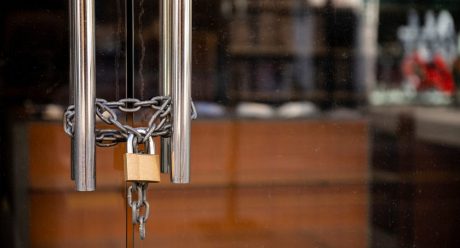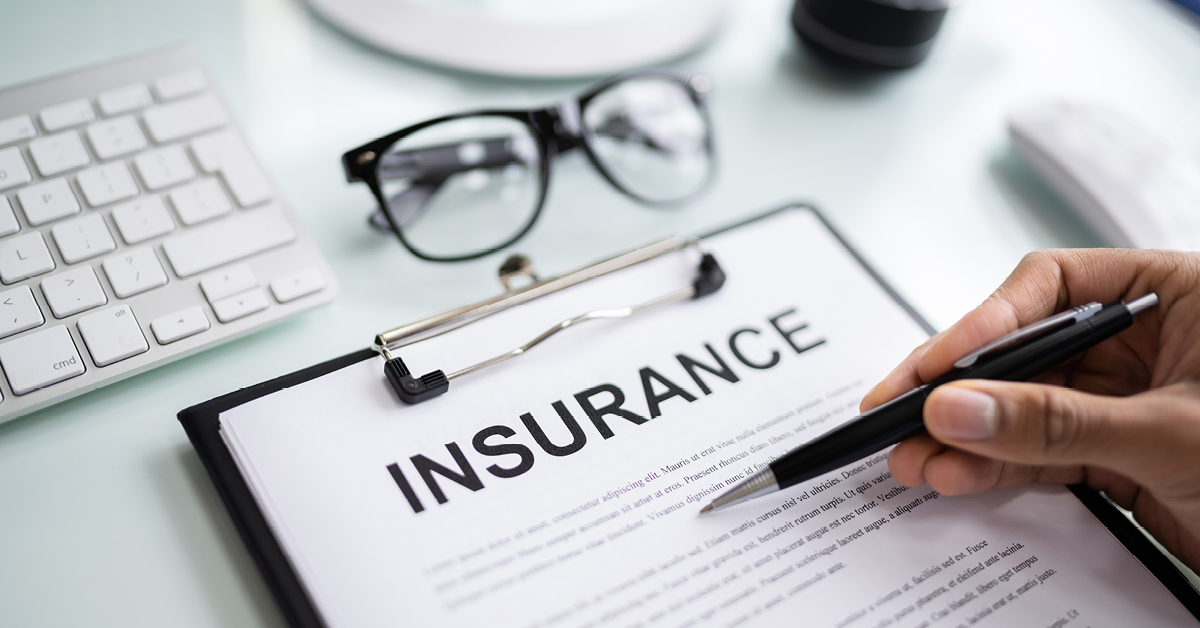Aaron Le Marquer spoke to hospitality publication The Caterer about the ongoing Covid-19 business interruption insurance litigation proceedings and the Stewarts Covid Claims Service, launched to help businesses that were heavily impacted by Covid-19 recover payment from their insurers.
The hospitality sector was crippled by the emergence of the pandemic and the first UK government lockdown from March to July 2020. With restaurants, pubs and other hospitality venues restricted to providing takeaway services, many already-stretched small businesses were effectively prevented from trading at all. The government’s financial support packages in the form of furlough, Business Rates Relief and grants provided limited support to cover costs, but business owners were not compensated for their loss of revenue and gross profit.
Does insurance cover Covid-19 lockdown losses?
Hundreds of thousands of businesses holding business interruption insurance found that their policies contained clauses covering them for losses caused by “Infectious Disease”, “Prevention of access”, or “Action of Competent Authority”. These terms appeared to correspond to the circumstances of the UK lockdowns, and many policyholders reasonably thought their insurers would therefore pay claims for loss of gross profit and increased costs of working occasioned by the lockdowns.
Sadly, the insurance industry’s unanimous response was that pandemics were uninsured, and that any relevant clauses in policies only responded to more localised outbreaks of disease rather than the national scale of the pandemic.
Due to the nationwide scale of the problem, the insurers’ regulator, the Financial Conduct Authority (FCA), took action. It launched a test case in [April 2020] to establish whether the typical policies held by hospitality businesses did in fact provide coverage for Covid-19 business interruption (BI) losses. In January 2021, the UK Supreme Court ruled that most of the wording under consideration did cover losses caused by the Covid-19 lockdowns.
Why do so many business interruption claims remain unpaid three years on from the pandemic?
The FCA estimated at the time of launching the test case that 370,000 businesses held policies of the type considered by the court. So why, over three years later, have only [43,0000] claims been paid according to the latest figures submitted by insurers?
One reason may be continuing efforts by insurers to restrict the application of the Supreme Court ruling to very narrow facts, requiring further litigation to be pursued by the likes of Stonegate Pub Company, Pizza Express, the ExCel Exhibition Centre and Liberty Retail. These cases have further clarified the extent of coverage available for Covid-19 BI losses. They have also tested further issues outside the scope of the FCA test case, including whether insurers are entitled to take the benefit of furlough payments received by the policyholder and the treatment of claims by businesses with multiple premises.
Some claims that insurers initially declined may now therefore have become valid as a result of the more recent litigation.
Other businesses may simply not have known that coverage was available and may never have notified a claim.
What action should businesses that have received no compensation from the insurers take?
In most cases, it is not too late to pursue a claim, and no further litigation will be necessary.
The first step is to locate the relevant policy documents in force at the time of the first national lockdown in March 2020. If these are not immediately to hand, the business’s insurance broker will be able to provide copies.
Legal and forensic accountancy advice will be required to present and value any claim for business interruption. Stewarts, the UK’s largest litigation-only law firm, now provides such advice to affected hospitality businesses on a no-win, no-fee basis.
Businesses can visit the Stewarts Covid Claims Service for more information and to upload policy documents for a free review.
You can find further information regarding our expertise, experience and team on our Policyholder Disputes page.
If you require assistance from our team, please contact us or alternatively request a call back from one of our lawyers by submitting this form.
Subscribe – In order to receive our news straight to your inbox, subscribe here. Our newsletters are sent no more than once a month.






